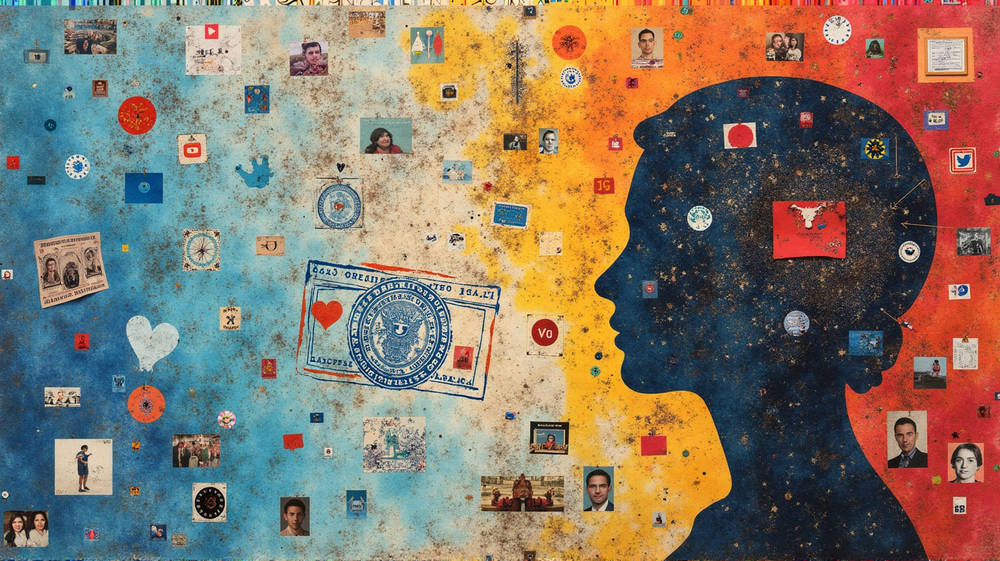Digital Vetting: How Uncle Sam Wants Your Online Life
In an era where the digital footprint speaks louder than words, the US State Department’s new visa regulations require F, M, and J visa applicants to open their social media accounts to scrutiny. Particularly, the US Embassy in Dhaka is advocating this transparency to facilitate vetting, making social media a modern-day passport page. As stated in The Daily Star, this policy reflects a shift towards a global culture of intensified digital surveillance.
Social Media as the New Passport
For a Bangladeshi student aiming for America, public social media profiles have become as crucial as academic credentials. This phenomenon is not just about branding yourself but ensuring that your digital persona aligns with perceived American values.
In the past, visa checks might have been about luggage contents. Today, it’s about examining your online expression—be it a casual meme or a filtered photograph. Anything can be scrutinized for underlying ‘hostility,’ turning what was once a fun space into a meticulous assessment ground.
The Surveillance Culture
Bangladeshis are not strangers to digital surveillance, though they might have expected more subtlety than the US’s straightforward approach. This new requirement turns social media activity into potential evidence, away from its roots in personal expression and networking.
Being public with your thoughts and lifestyle online may be unnerving, but it is the new norm. The embassy stresses the importance of this openness, marking the shift from private to public life as a necessity for national security reasons.
Privacy: A Diminishing Concept?
In 2025, deactivating accounts is akin to denying fingerprints—it’s about transparency and accountability through public digital lives. Privacy settings, once a shield, are now potential red flags in the U.S. visa application process.
The irony is stark—the very platforms that brought global connectivity are now arenas for eligibility assessment, as social media becomes the yardstick for personal integrity and national security.
The Complex Tangle of Geopolitics
Interestingly, these changes underscore uneven geopolitical dynamics; while Bangladeshi applicants must reveal all, a similar demand on American tourists is unlikely. This disparity reveals a global power structure where online transparency is unevenly distributed.
The digital persona has become a risk profile, and as Bangladeshi students navigate these waters, it requires a delicate balance between sharing enough and sharing too much.
Synchronizing Diplomacy and Digital Life
For those navigating this new landscape, it’s essential to keep social media presence aligned with diplomatic expectations. Each click and hashtag could influence perceptions, necessitating a careful digital sanitation process.
Despite these challenges, hopeful applicants should focus on curating a profile that echoes both authenticity and conformity, ensuring their digital lives align seamlessly with the requirements of international mobility and acceptance.
In this age of digital diplomacy, the algorithm could be your advocate or adversary, shaping the journey of every visa applicant. As the intersection of technology and politics deepens, this shift in visa processing demands nuanced navigation and strategic presence online.




